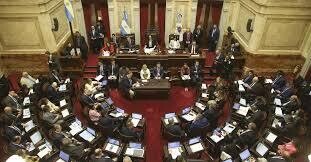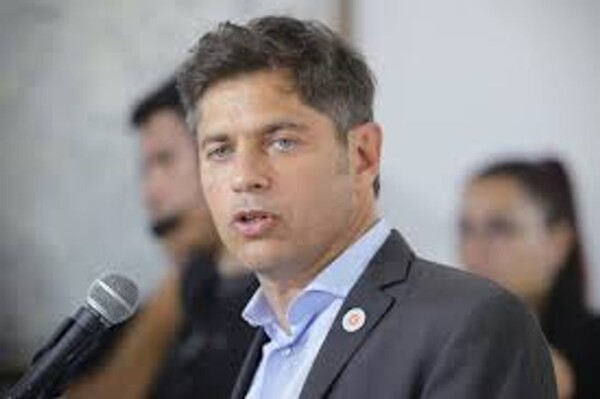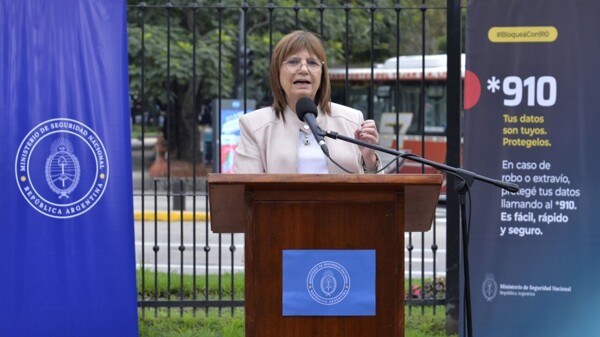
The National Senate began debating the bill called "Clean Record", which aims to prevent individuals with confirmed second-instance convictions for crimes against public administration from accessing public office. The proposal already has a partial approval from the Chamber of Deputies and has generated significant controversy, being particularly rejected by the Union for the Homeland block. The opposition has expressed its opposition to the legislation, arguing that it seeks to ban former President Cristina Fernández de Kirchner.
The Justicialist Party's statement noted that "there is no Clean Record when the real objective is to taint the popular will". This stance has been supported by political figures such as the Governor of Buenos Aires province, Axel Kicillof, who described the potential implementation of this law as a disgrace and serious for Argentine democracy. The Justicialist Party categorically rejected the political exclusion attempt against Cristina Fernández de Kirchner.
In this context, it is also expected to address the appointments of Alejandro Oxenford and Wenceslao Bunge Saravia as ambassadors to the United States and Spain, respectively. Despite the government claiming to have the necessary votes for the approval of the project, there are doubts among some blocks considered "dialoguists". The provisional President of the Senate, Bartolomé Abdala, stated that the proposal "is not against anyone" and that they are willing to debate it.
For his part, President Javier Milei expressed his support for the "Clean Record" initiative. Prior to the session, audiovisual material was released by Kirchnerism labeling the measure as a revenge against former President Cristina Fernández de Kirchner. In a climate of political tension, the session was preceded by a request for interpellation against the Secretary General of the Presidency, Karina Milei, and the Minister of Economy, Luis Caputo.
In statements, Javier Milei acknowledged that suspicion is always present regarding the "Clean Record" project and highlighted that improvements to the proposal were made by Fargossi and Luis Petri.














